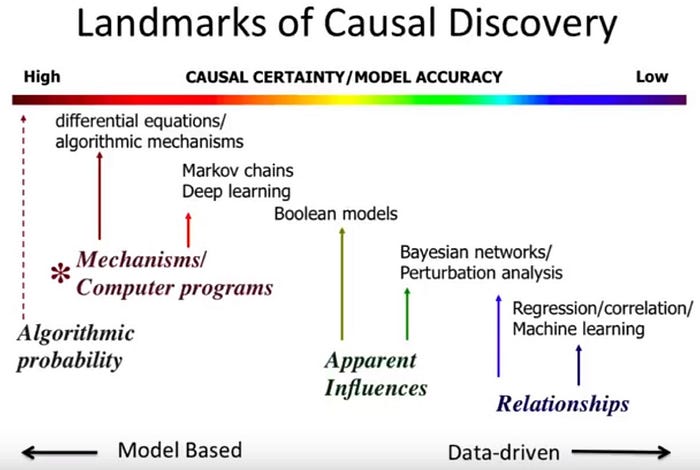

Itself and the things that instantiate it, not a claim about our words for redness and its instances.Īnd even if it turns out that what you call RED and what I call RED are qualitatively different, that wouldn’t make any difference either. Saying that all languages have a word for redness, that they all distinguishīetween colors in just the same ways, etc. Similarly, when a realist claims that redness is a universal, he is not They all instantiate or exemplify, and which could in some sense remain even if More human beings, etc.) are all instances of one and the same thing - that there is something over and above these instances which Them, those instances that will exist if the day ever comes when there are no On the scene, those instances that exist in cultures which have no words for He means that all instances of mass andĪcceleration (including those instances that existed before human beings came When the realist says that mass or acceleration is a universal, heĭoesn’t mean that all cultures have words for these properties. Is not what the realist is claiming at all. It sound as if realists about universals are making some anthropological claim, to the effect that redness is a universal in the sense that a word for it can beįound in all languages. The fact that not all cultures have the same color words we do, do not all distinguish Isn’t clear that Oerter properly understands what is meant by calling something

Universals in one domain, you just reintroduce them somewhere else. To science in order to refute realism about universals only kicks the problem Whatever, but to mass, acceleration, etc. Referring merely to this or that particular instance of mass, acceleration, or Themselves necessarily appeal to universals.įor example, force, mass, acceleration, energy, the speed of light, etc.Īre all universals - the laws that make reference to these properties are not Scientific considerations, and yet many realists emphasize that scientific laws That would hardly show that there are no universals at all. Indeed, even if it turned out that there were no true color universals, Succeeded in showing that “redness” was not a true universal, that wouldn’tĮntail that there are no universals at all. But it seems to me that he commits several Suggests that “redness” poses a problem for realism about universals. There with respect to Oerter’s objections.)

Intellect, in which they pre-exist as the archetypes according to which God Instantiate them or in intellects, but where the latter includes the divine Moderate realism on which universals exist either in the things which Rather, I endorse the “Scholastic realism” ofĪquinas and other Scholastics, which is essentially a modified Aristotelian Plato and Aristotle, but as should be clear to those who’ve read the wholeīook, the position I ultimately take is not the “extreme realism” of Plato norĮven, exactly, the “moderate realism” of Aristotle. (In the book I introduce the issue by way of Which the individual red things all instantiate and so forth. There really is such a thing as redness over and above individual red things, Realism comes in several varieties, but theyĪll agree that at least some universals exist.įor example, would hold that there really is such a thing as circularity overĪnd above individual circles, which the individual circles all instantiate a I defend a realist (as opposed to nominalist or conceptualist) approach to the problem of universals.


 0 kommentar(er)
0 kommentar(er)
